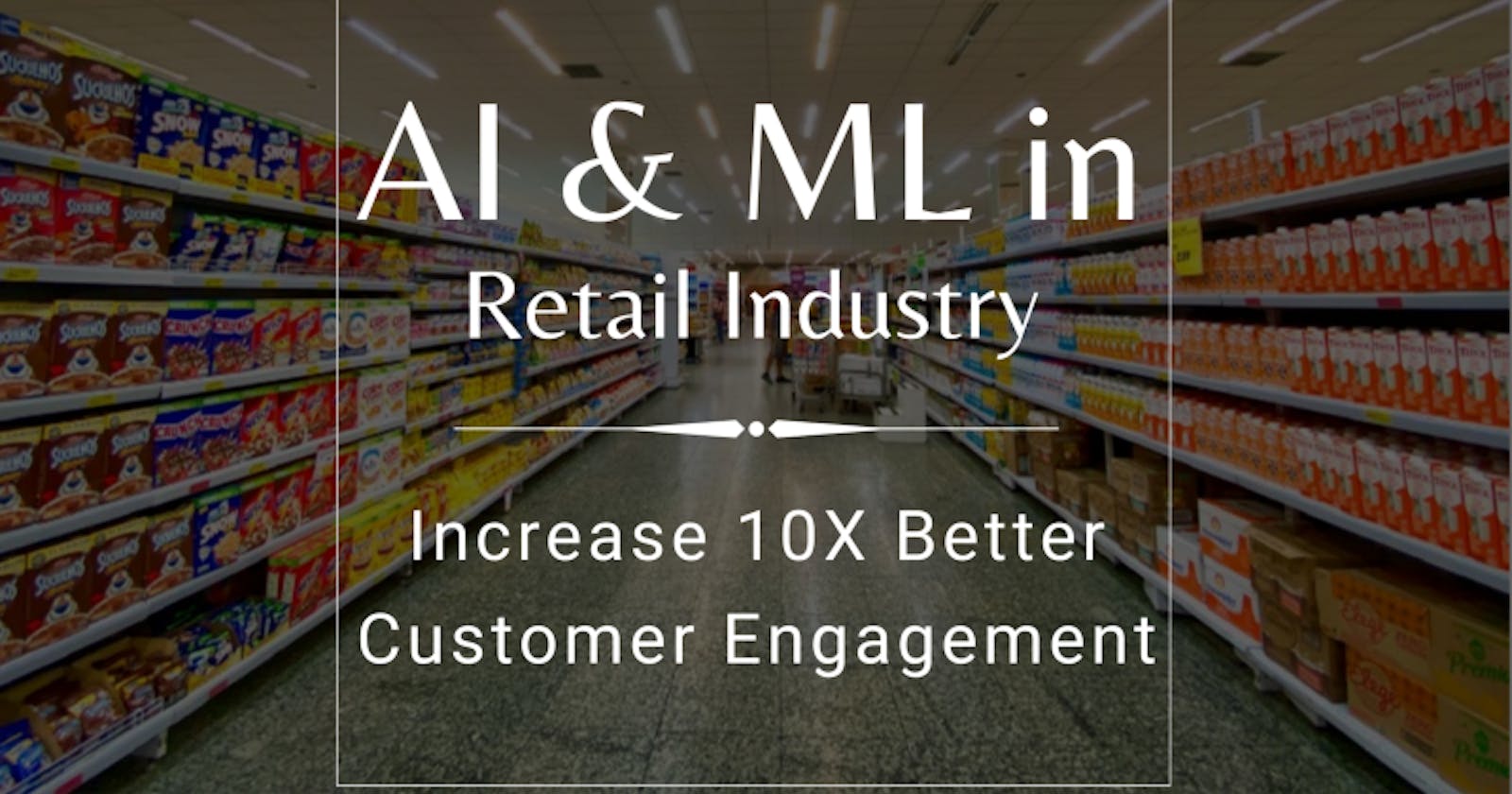According to the United States Department of Commerce, retail sales in the United States are expected to reach USD 5.99 trillion in 2023.
According to a study by IBM Corporation, the adoption of AI in retail and consumer products industries is expected to leap from 40% of companies currently to more than 80% in three years.
AI and ML are becoming increasingly popular in the retail industry as they can help companies improve their customer experiences, increase efficiency, and drive sales. ⭐
Use Cases of AI & ML in the Retail Industry
One of the most common uses of AI in retail is personalization and recommendations. Retailers can use data collected from customer interactions, browsing history, and purchase history to make personalized recommendations to customers. This can help increase customer engagement and drive sales.
Another use of AI in retail is through the automation of tasks such as inventory management and logistics. Retailers can use ML algorithms to predict demand and optimize inventory levels, reducing the risk of stockouts and overstocking. Additionally, AI can be used to optimize logistics and supply chain management, helping retailers to reduce costs and improve delivery times.
AI can also be used in retail to improve customer service. Retailers can use chatbots and virtual assistants to provide customers with quick and accurate responses to their inquiries, reducing the need for human customer service representatives.

